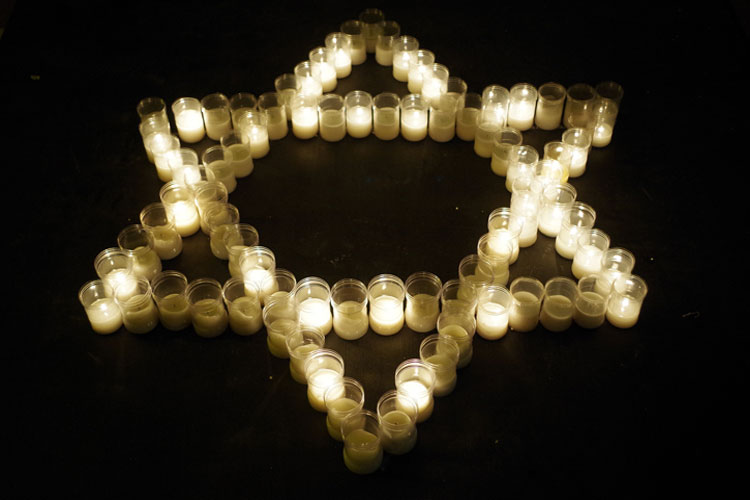
In the wake of the horrific murder of eleven kind souls at the Tree of Life synagogue in the Squirrel Hills neighborhood of Pittsburgh, we pause to remember those lost and send our support to those who are grieving.
As we reflect on the tragedy, we are reminded that we all honor our dead in ways that reflect our history and our culture. For the Jewish people, there are many distinct ways in which the dead are cared for. These customs are sacred and time-honored.
In an October 28, 2018, feature, the publication Heavy.com explored the unique and treasured way the Jewish culture handles death.
“Judaism has very specific and ancient rituals it adheres to in life and in death. In death, Jewish customs are dissimilar to Christian customs in a number of ways beginning with the preparing of the body.”
…
“There are phases of mourning beginning with immediate expression of grief, which may include keriyah, the tearing of clothing near the heart. This first phase is called aninut when the families grieve alone. The burial comes next and a meal of condolence is prepared for the family. Next is shiva, meaning seven because it lasts seven days and begins the day of the burial. It’s called ‘sitting’ shiva because mourners sit on low stools or the floor instead of chairs. Observant mourners do not wear leather shoes, a practical and symbolic luxury, they do not work, their normal lives are interrupted, they avoid comfortable and pleasant things which may include grooming from bathing to wearing makeup to having sex. The mirrors in the home of the dead are covered. Prayers including the Kaddish, called the mourners prayer, are recited and Torah study occurs.”
We encourage our readers to learn more about all cultures and how they respect the dead. At this particular time it is most important that we learn more about the Jewish culture and we keep our Squirrel Hill brothers and sisters top of mind.
For further reading:









